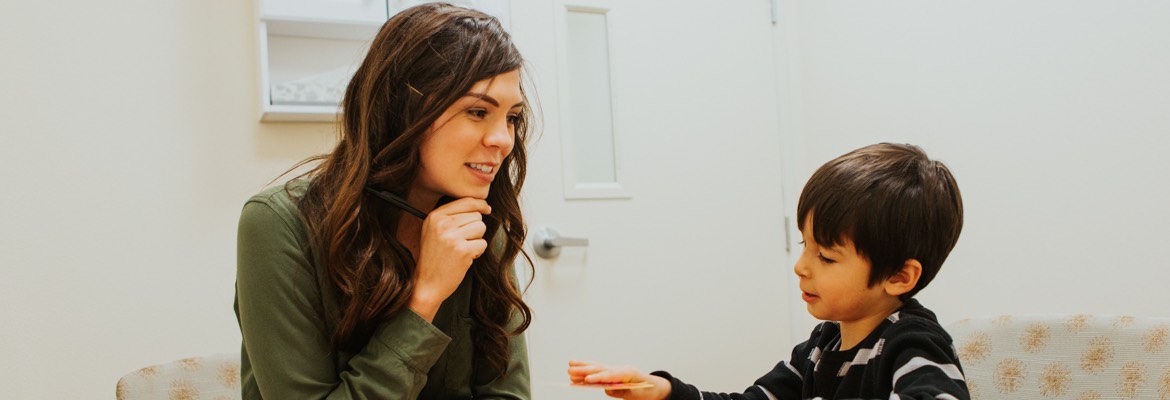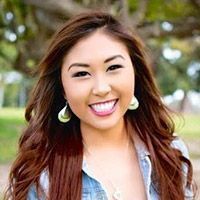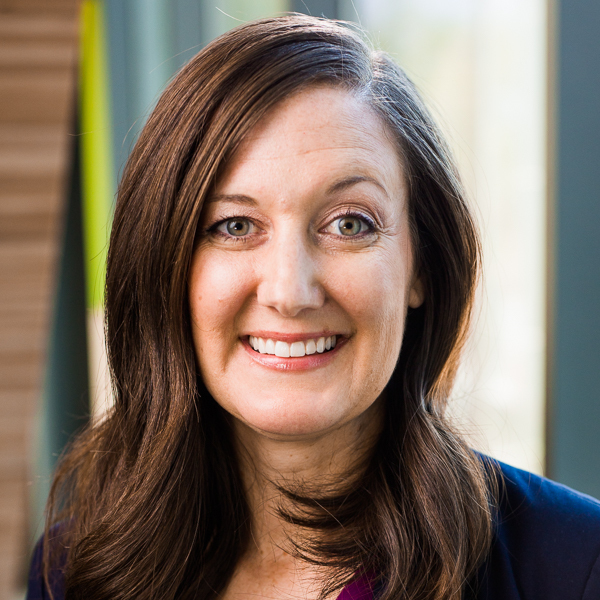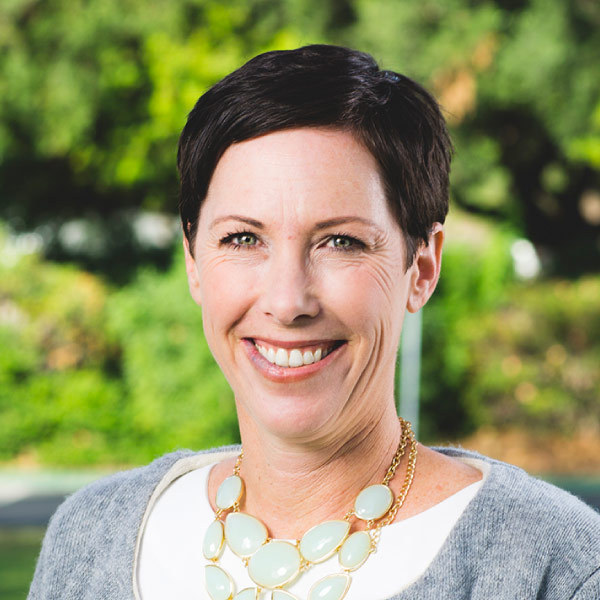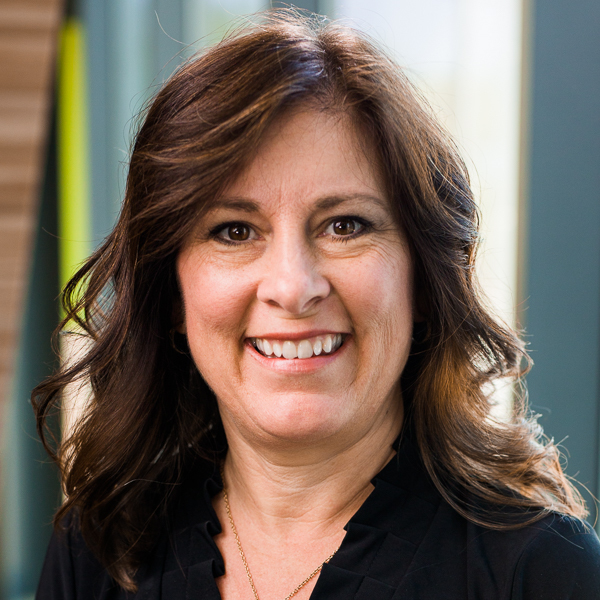B.S. in Communication Sciences and Disorders
Millions of people are impacted by physical and cognitive disorders that affect their ability to communicate. Biola’s major in communication sciences and disorders prepares you to serve their needs, providing you with the specialized knowledge and clinical training you’ll need for graduate school and a career in this important field.
In addition to its strong curriculum, expert faculty members and biblical integration, Biola’s communication sciences and disorders program offers several key advantages:
- An on-campus skills lab allows you to use state-of-the-art equipment — including a digital endoscope, Visipitch, a nasometer, and many AAC devices — which rarely happens at the undergraduate level.
- The program has both on- and off-campus clinics where you can work with patients from the community, giving you practical, hands-on experience.
- You have the opportunity to graduate with the necessary requirements for graduate school in speech-language pathology or audiology.
- The program gives you the foundation you need to enter a growing field — the speech-language pathology profession is projected to grow 21% between 2021–2031, which is much faster than average for all occupations according to the Bureau of Labor Statistics.
- Students in Biola’s B.S. in Communication Sciences and Disorders program are beating the national averages for acceptance into competitive master’s and doctoral programs for speech-language pathology and audiology. While national acceptance rates range between 29-42%, acceptance rates for Biola students range from 95–100%.
- Be mentored by expert faculty who integrate their Christian faith into their lives as researchers, teachers and ministers in local or global communities. Students have opportunities to be involved in directed research with faculty, participate in presentations at various conferences and co-author peer-reviewed journal articles. Learn more about our faculty and student research.
